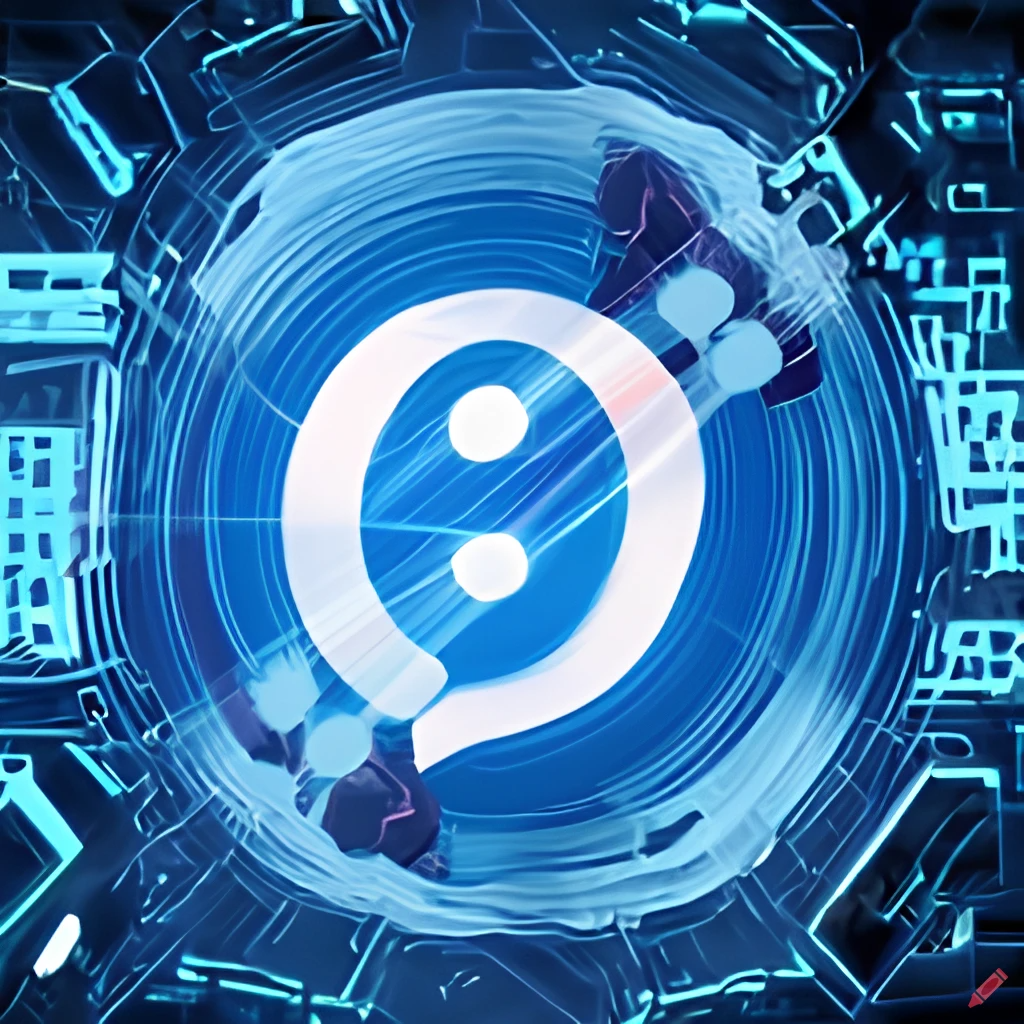
Artificial intelligence (AI) is rapidly changing how we live and work. From healthcare and transportation to education and entertainment, AI has the potential to revolutionize almost every aspect of our lives. AI is already making a significant impact in creating original works of art, music, literature, and other forms of creative content. However, this has also led to a new set of copyright problems that must be addressed.
What is AI-generated content?
AI-generated content refers to any work of art, music, literature, or other creative content created with AI technology’s assistance. This can include everything from algorithmically-generated music to machine learning-generated art to natural language processing-generated literature. AI-generated content is created using complex algorithms and machine-learning techniques that allow machines to learn from data and generate new content based on that data.
AI-generated content can potentially change how we think about creativity and the creative process. In the past, creative works were considered the product of personal inspiration and effort. However, AI-generated content challenges this idea by demonstrating that machines can be creative too. By learning from vast amounts of data and generating new content based on that data, AI systems can create truly original and innovative works.
Copyright issues with AI-generated content
The primary copyright issue with AI-generated content is determining who owns the copyright. Under copyright law, the person who creates an original work of art, music, literature, or other creative content is the copyright owner. However, when AI generates content, it becomes unclear who the creator is.
For example, who owns the copyright if an AI system generates a piece of music? Is it the person who created the algorithm, the person who trained the AI system, or the AI system itself? Similarly, who owns the copyright if an AI system generates a piece of art? Is it the person who created the software or the AI system itself?
Another copyright issue with AI-generated content is determining whether the content infringes on someone else’s copyright. AI systems can generate content similar to existing works, which can lead to claims of copyright infringement. For example, an AI-generated piece of music may sound similar to an existing song, or an AI-generated piece of art may resemble an existing painting.
Possible solutions to copyright issues with AI-generated content
Several possible solutions have been proposed to address the copyright issues surrounding AI-generated content. These include:
- Amending copyright laws: One possible solution is to explicitly amend copyright laws to address AI-generated content. This could involve creating a new category of copyright ownership that applies specifically to AI-generated content. For example, the copyright could be owned jointly by the person who created the AI system and the person who trained it.
- Assigning ownership to the person who trains the AI system: Another possible solution is to assign ownership of the copyright to the person who trains the AI system. This is because the person who trains the AI system is responsible for selecting the data that the system learns from, which can significantly impact the content generated by the system.
- Assigning ownership to the AI system itself: Some experts have proposed assigning ownership of the copyright to the AI system itself. This would treat the AI system as a legal entity capable of owning property, including intellectual property such as copyrights.
- Using Creative Commons licenses: Another possible solution is to use Creative Commons licenses to allow for the free sharing and use of AI-generated content. Creative Commons licenses are a set of copyright licenses that allow content creators to grant permission for others to use their work in certain ways, such as for non-commercial purposes or with attribution.
Conclusion
AI-generated content has opened up a new world of creative possibilities, but it has also created a new set of copyright problems that must be addressed. As AI technology continues to develop and become more widespread, it is important for lawmakers and legal experts to carefully consider how copyright laws can be adapted to accommodate this new form of creative expression.
The solutions for addressing copyright issues with AI-generated content have advantages and drawbacks. Amending copyright laws to address AI-generated content would require significant changes to existing laws and could be difficult to implement. Assigning ownership to the person who trains the AI system is a more straightforward solution, but it may not always be clear who this person is, especially if multiple people have contributed to the development of the AI system. Assigning ownership to the AI system raises many legal and philosophical questions about the nature of AI and its relationship to human beings. Finally, using Creative Commons licenses is a practical solution that could help to promote the free sharing and use of AI-generated content, but it may not provide adequate protection for content creators.
Ultimately, solving copyright issues surrounding AI-generated content will require a nuanced and multifaceted approach. It will require input from legal experts, content creators, AI developers, and policymakers to ensure that the rights of all parties are protected. As AI technology continues to evolve and become more ubiquitous, we must address these issues sooner rather than later. By doing so, we can help ensure that AI-generated content continues pushing the boundaries of creativity while respecting the rights of those who create it.




Hi would you mind letting me know which web host you’re utilizing?
I’ve loaded your blog in 3 completely different internet browsers and I must say this blog loads a lot quicker then most.
Can you recommend a good hosting provider at a fair price?
Many thanks, I appreciate it!
Hello, Sure… I am using Namecheap shared hosting (Stellar plus) package. Thanks for your feedback